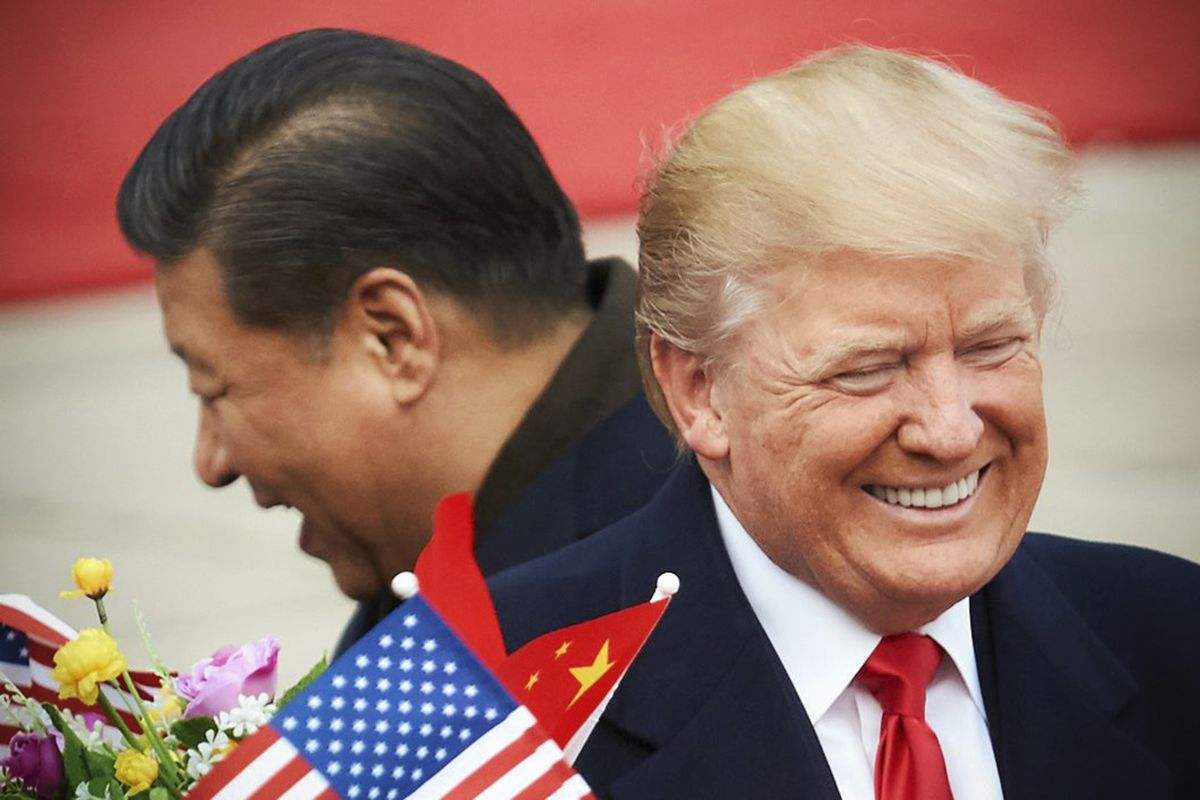THIS IS MY STORY–115
MY JOURNEY THROUGH THE ERA OF AYUB KHAN TO THE TIMES OF IMRAN KHAN.
GHULAM AKBAR……………
Ishtraak Passes Into History
In August 1974, I remember having written a personal letter to Asghar Khan, explaining why I had not joined his party. I can’t recall the exact words but the letter meant.
“There is nothing I can’t do for you because I know you are not going to expect me to do anything against my conscience, just as I know you’re not going to do anything below your dignity. But frankly speaking, I don’t visualize a great future for your party. With that bunch of mediocres and opportunity-seekers, I don’t expect your party to reach anywhere. Your manifesto may mean a lot to you but for most of your party men it is nothing more than a formality. I consider membeship of a party as sacred a contract as marriage, and I do not believe. I can have that kind of commitment to your Tehrik. My commitment to you is very personal. I’ve been your admirer ever since my college days, and you are one of those very few persons I know, who happen to be as good as their reputation.”
Asghar Khan was not displeased. He kept trusting me, kept taking me into confidence, and I kept Ishtraak alive against very heavy odds.
I recall here a very interesting conversation between Asghar Khan, Ehsan Illahie Zaheer and myself.
It was the holy month of Ramzan. Asghar Khan was in Lahore, staying with Malik Ghulam Jilani.
I went to see him.
It was a pretty hot afternoon.
The Air Marshal asked me whether I was fasting. I nodded negatively.
“I am pretty irregular in that department these days.”
“I too am,” he said and looked at Malik Ghulam Jilani who promptly ordered for tea.
As tea was being served, Allama Ehsan Illahie entered the room.
“I am disappointed at seeing you not fasting,” he said to me sarcastically.
“I am sorry, “I replied apologetically” I had a lot of writing to do these days and I can’t really work while fasting.”
“It’s a bad excuse,” Allama said. “The best of my books have been written in Ramzan while fasting.”
As I was trying to overcome my embarrassment, Asghar Khan shot out:
“You’re lying Allama. As Muslims, we are duty-bound to fast But don’t say fasting is intended to sharpen one’s mind. When I was heading the air force, a report was prepared to determine the effects of fasting. It was concluded by the medical specialists that while fasting, one’s sugar level started dropping after six hours, resulting in inadequate oxygen supply to one’s brain, thereby affecting one’s ability to think clearly. That’s why I ordered that whoever would fast would not fly. We should fast because we are asked by God to fast. Let us not try to find non-existent virtues in fasting. There are certainly other advantages, such as strengthening of will-power and self-control. It also builds our resistance against temptations.”
The sagacious Allama could not find a counter-argument.
This incident is a reflection of the character of Asghar Khan. I always found him that way – very firm in his convictions, very stubborn in the defense of his view-point, and very determinedly honest towards himself and others.
But on political matters, he was guided by his ambitions. No political leader can be denied his right to engineer his future in the manner he considers most suitable for achieving his ultimate goal—-power.
Asghar Khan’s political fortunes have risen and dropped with great consistency, due to his failure to align himself with his logical allies, and also due to the incompatibility of his strategies with his personal character. As I have mentioned earlier, he has always remained a prisoner of the very first mistake he had made, his decision to go on his own, in the pursuit of his political destiny.
A total of one hundred and twenty one issues of Weekly Ishtraak appeared before the press laws were finally applied to it.
Sheikh Hafiz-ur-Rehman was the information chief of the Punjab at that time. I went to see him. He was quite sympathetic, but at the same time argued that I had gone too far in condemning the government.
“If you are prepared to revise your attitude,” he said sympathetically, “I can, even now, find a way out.”
“I think, I have come to the dead end. The only way out for me is to say good-bye to this profession. I always considered it a sacred duty. I may have been wrong, but I have never been dishonest. Now, if it has come to making a living for myself, I can explore other avenues,” I said with an air of finality.
Next day I appeared before the district magistrate and pleaded guilty, with no intentions to carry on. Ishtraak for me passed into history.




